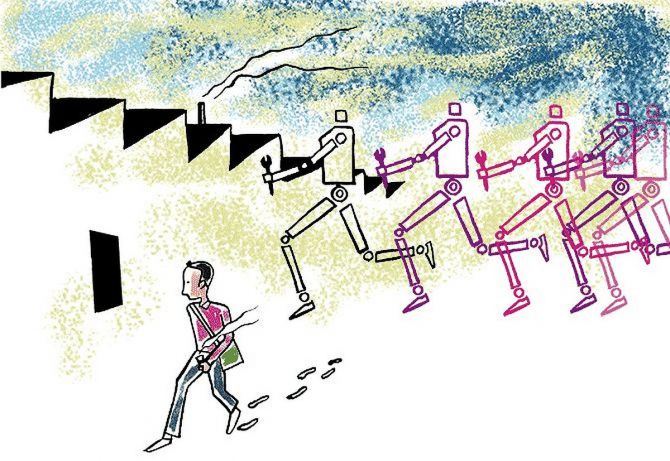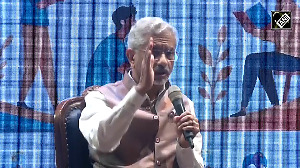While the levy applied only to digital advertising services till last year, Budget widened the scope to impose a 2% tax on foreign e-commerce players.

The central government’s clarification on the 2 per cent equalisation levy on foreign digital operators in the Budget, which considerably expands the scope of the levy, might be challenged in court, with several companies contemplating filing a writ petition in the coming few weeks.
The writs might be filed on the grounds of the levy’s alleged extra-territorial overreach, as it aims to cover those entities that do not have a physical presence in India, going against international taxation rules.
Besides, it might also be challenged under the bilateral tax treaties as it is being seen as “a disguised form of Income tax, designed to circumvent India’s obligations under the tax treaties”.
While the levy applied only to digital advertising services till last year at the rate of six per cent, the government widened the scope to impose a two per cent tax on non-resident e-commerce players with a turnover of Rs 2 crore from April 1.
“Several companies are contemplating filing a writ petition against the equalisation levy clarifications in the Budget.
"Deliberations are going on, given the huge hit it will have on earnings of not just foreign players, but their Indian partners and subsidiaries.
"The clarification has left several companies in a fix as they may now fall under the ambit of the tax because of the way it has been drafted, even though that may not be the intent of the government,” said a senior tax consultant.
According to the clarification, if a transaction is undertaken online using an Indian IP address, it may fall under the levy’s ambit.
However, this may be challenged as both sellers as well as ultimate consumers of goods or services may reside outside India and there may be no connection of such transaction to India.
“Thus, neither the ‘residential status of buyer’ nor the ‘use of Indian IP address’ is a reasonable way to fasten the equalisation levy,” said a lawyer, speaking on the condition of anonymity.
“This is certainly going to create a worry for taxpayers as there were many open issues that were not addressed and new changes have expanded its scope.
"Payment gateways, software companies, tech giants, e-commerce operators and even a person selling any good on these platforms falls under the purview of EL now,” said Amit Maheshwari, partner, AKM Global.
However, a senior tax official said the government’s intent was always to tax these transactions right from the time it was introduced from April 1, 2020.
However, the government might consider offering some relief on interest on late payment as several companies might now realise that they might come under the ambit of the levy.
Late payment attracts interest of one per cent per month, and penal consequences up to the value of the levy could be imposed.
“It has been clear from the beginning that any activity that is performed online would be covered under equalisation levy.
"If you say that all 100 per cent activities have to be online, that means, I go online, I book online, I select a product online, I order online and the product is also delivered online, it will make the scope of the levy very, very narrow, which was never the intention of the government.
"And this intention has now been made clear,” said a senior official at the Central Board of Direct Taxes.
“If there are grievances that payments in those two quarters have already passed, and now non-resident will have to make payment for the previous quarters, then whether interest is to be levied or waived… that power under Section 119 of the Income Tax Act can be exercised,” he explained.
On the levy being imposed on the entire sales consideration and not the commission part, the official said: “It was the interpretation of taxpayers that the levy will be imposed on the commission part and not the department’s intent.”
The equalisation levy mop up posted a robust 64 per cent growth after the deadline for the third installment on January 7.


.jpg)









 © 2025
© 2025